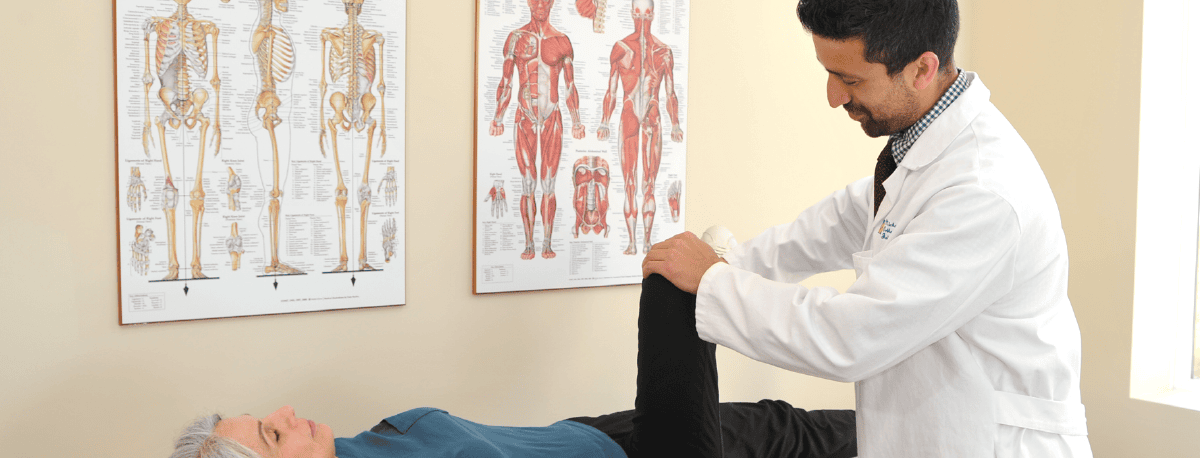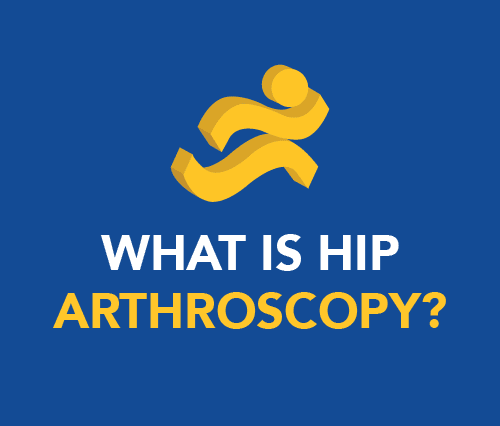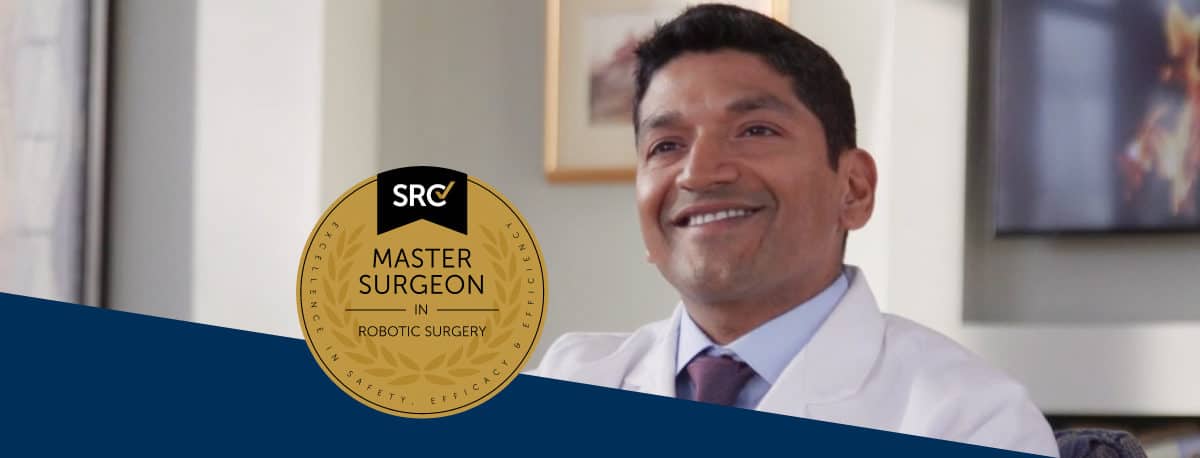When is joint replacement surgery called for?
Patients suffering from chronic knee or hip pain know that it can seriously impact mobility as well as overall quality of life. In addition to pain, symptoms may include swelling, stiffness, muscle weakness, and limited range of motion. Causes range from rheumatoid or osteoarthritis to trauma to repetitive strain on the joint. After diagnosis, non-surgical treatments like anti-inflammatory medications, physical therapy, and injections are the first course of action when treating persistent joint pain, but these methods aren’t always effective.
What is involved in joint replacement surgery?
The surgical screening process begins with a full clinical evaluation, using advanced imaging to determine the extent of the joint damage. The orthopedic surgeon will make an incision to access the damaged bone, tendon, and tissue, and replace the knee or hip joint with a prosthetic made of plastic, metal, or ceramic. The procedure can be done using a conventional approach or with robotic-assistance. The physicians at Atlantic Orthopaedics are at the forefront of innovation in knee and hip replacement techniques and technology and have pioneered the use of minimally-invasive robotic-assisted surgery.
What can I expect after surgery?
Commitment to post-operative care is a key factor in long term success. Recovery time will vary based on the individual patient’s response to the procedure and the surgical approach used. Proper recovery usually includes daily movement of the affected joint, physical therapy, and wound care management, along with a post-op follow up with your surgeon.
What if I’ve waited too long to be eligible for joint replacement surgery?
Because damage to cartilage, ligaments, and bone is progressive and won’t improve on its own, some patients wonder if there’s a point at which joint damage is too severe to be corrected by surgery. Atlantic Orthopaedics’ Dr. Michael Morwood, a fellowship-trained orthopedic surgeon who specializes in knee and hip replacement, answers this question.
Is there a point when hip or knee replacement surgery can’t be done?
The short answer is no. We can always individualize our treatment plan for every patient. Joint replacement surgery can be performed on a person of any age, no matter how severe the damage. There are cases where the pain and deformity are so great that the procedure or the post-op recovery are more challenging. Everyone is unique, with their own unique anatomy, and our training as orthopedic surgeons gives us the ability to handle the challenges involved in each individual case.
If non-surgical treatments have not alleviated your joint pain, schedule an appointment to talk with an orthopedic specialist about whether replacement surgery is right for you. Relief from pain is possible, and it is never too late to get back to doing the things you love!
Watch the Morwood Minute episode HERE.





